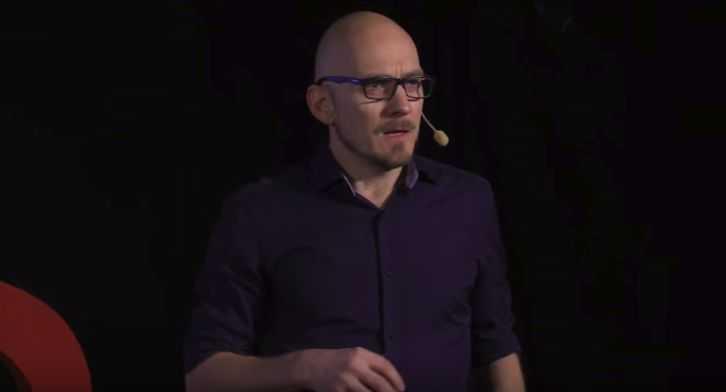You Don't Know What You Want
Curated from: medium.com
Ideas, facts & insights covering these topics:
5 ideas
·1.65K reads
1
Explore the World's Best Ideas
Join today and uncover 100+ curated journeys from 50+ topics. Unlock access to our mobile app with extensive features.
“A lot of what we call self-knowledge is actually self-interpretation. So I see myself make a choice, and then when I’m asked why, I just try to make as much sense of it as possible when I make an explanation. But we do this so quickly and with such ease that we think we actually know the answer.”
PETTER JOHANSSON
144
395 reads
The meaning machine
The human brain is a “meaning machine,” and it will make sense out of literally anything put in front of it.
113
353 reads
Figuring out what we want
Confirmation bias plays a big role in this process: once we make a selection, we’ll do almost anything to rationalize it.
Which is why action will always trump analysis.
112
321 reads
Abstract expectations
They are the opposite of the real and actual here-and-now. The problem with them is that when we fail to reach the future we had pictured in our heads, we face feelings of disappointment, inadequacy, and anger.
And then we start to look for help from others on how to asses our lives (mostly from self-help gurus and writers).
92
264 reads
Happiness isn’t in achieving fantasies
What will bring us the satisfaction and satiation we crave is, rather, abandoning our fantasies and misconceptions of what will bring us happiness.
106
323 reads
IDEAS CURATED BY
Simon I.'s ideas are part of this journey:
Learn more about personaldevelopment with this collection
How to practice self-compassion
How to identify and challenge negative self-talk
How to build self-confidence
Related collections
Similar ideas
5 ideas
Overcoming Obsession | Psychology Today
google.com
3 ideas
Two Ways to Stop Caring What Others Think
raptitude.com
4 ideas
How To Keep Going If You Don't Know What's Next - Darius Foroux
dariusforoux.com
Read & Learn
20x Faster
without
deepstash
with
deepstash
with
deepstash
Personalized microlearning
—
100+ Learning Journeys
—
Access to 200,000+ ideas
—
Access to the mobile app
—
Unlimited idea saving
—
—
Unlimited history
—
—
Unlimited listening to ideas
—
—
Downloading & offline access
—
—
Supercharge your mind with one idea per day
Enter your email and spend 1 minute every day to learn something new.
I agree to receive email updates

